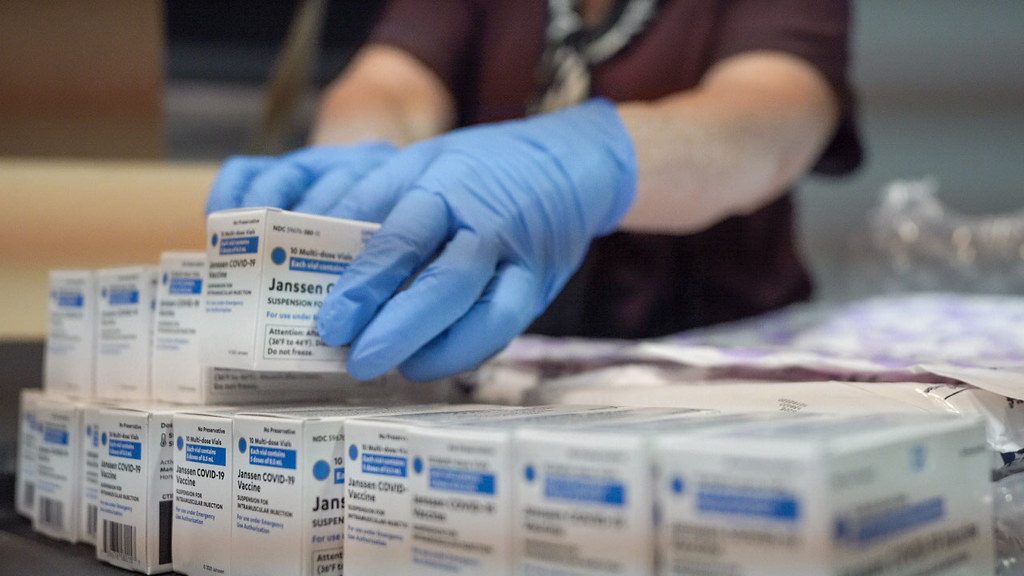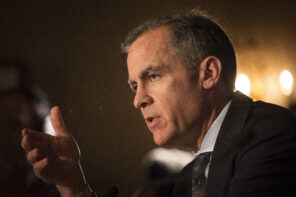As the campus reopened for the first time in over a year this fall, I’m sure we all took note of the intoxicating, almost magical energy that surrounded us. The sun shining through the branches of the old catalpa trees that frame the walkway of Roddick Gates, the smell of hot dog man’s stand wafting through the air, and the strangely aggressive squirrels that fiend after your snacks made us nostalgic for our beautiful, yet short-lived time on campus as first-year students. The excitement to return to campus manifested in basking sessions in the lower field in between classes and daily parties that shook our apartments in Milton-Parc. Every single day of our fresh semester has felt like a desperate, cloying, yet endearing attempt to make up for our past year of quarantines and curfews…and I’ll be the first to admit, I’ve been thoroughly enjoying the return to pre-pandemic normalcy.
The love story between a third year and the return to McGill campus, however, is not without its villain. Although it’s easy to get wrapped up in the siren-like call to socialize, the COVID-19 pandemic is still very much present in our lives. Living in the Milton-Parc area, especially, it’s easy to fall into the mindset that your life, as a student, is the most important thing in the world. However, it’s not breaking news that the pandemic has continuously, and still is, most affecting marginalized groups in society. While it may be easy to forget about this as we return to in-person events, it’s important to remember the effect on at-risk groups, including members of our own community.
Essentially, the McGill administration has done nearly everything to protect their students, faculty, and community…except perhaps the most important step of all: implementing a vaccine mandate.
To mitigate this anxiety/concern while still insisting to return to normal life, McGill has implemented certain measures for safety. Masks are required in all buildings; hand sanitizer is plentiful; social distancing stickers still litter the floor. After a year of Montreal being in the red (a phenomenon which Sarah calls the ‘Red-Scare II”), it seems as though officials have finally gotten the hang of contact tracing. Other club events are also taking reporting methods into their hands in case a member gets sick and people need to be notified. And although lines were annoyingly long for vaccine passport registration, the efforts put in place by the university cultivated a sense of semi-normality. Finally, the greens of Lower Field are full of people and the campus is alive again! Essentially, the McGill administration has done nearly everything to protect their students, faculty, and community…except perhaps the most important step of all: implementing a vaccine mandate.
After the Pfizer vaccine was approved by the FDA in the U.S. and many universities in North America began requiring vaccines to return to campus, the news that McGill would not be implementing a mandate was met with mixed reactions. Many students feel vulnerable on campus, such as Emily Rose Black, U3 Arts, who says “The classrooms I’ve been in have had no ventilation, and I see less and less masks when I’m walking on campus – I’m extremely anxious that I’ll get sick from going to class.”
In addition, many immunocompromised students and international students feel especially silenced by the McGill administration. The policies that are being presented completely disregard the lives of the marginalized communities on campus, such as students who are being told that “they need to come back to a packed campus with no distance and no vaccine mandate, even if a COVID infection could kill them,” as shared Claire Downie, VP University Affairs of SSMU. Additionally, many international students are having difficulty with their visa applications, not to mention the multitude of travel bans that are still present and the areas where flights are not running or are extremely expensive. Downie went on to describe other ways in which McGill mismanaged the crisis. “Right now, McGill is telling these students that they need to take the semester off, which is really unacceptable. People can’t just take a semester off– that can affect your financial situation, immigration status, all sorts of things.”
“McGill has claimed that it is not legal for them to do so, but 37 professors in the McGIll Faculty of Law believe it to be legal.”
Protests erupted on campus in the first few weeks of the term and students cited the struggle for immunocompromised and international students who could only get the vaccine once arriving in Canada, which for many was not until September 9th. Without knowing who was or wasn’t vaccinated, many of us feel uneasy about how effective other precautions McGill has taken really are if the greatest solution—inoculation—has not been reinforced.
When speaking to Downie, she said “all other major universities have some sort of a vaccine mandate, except McGill and other Quebec universities.” Even without an explicit vaccine mandate to register for classes, other Quebec universities have done more than McGill, including UdeM, which requires mandatory vaccination to live in residence. Downie elaborated on the internal conflict “McGill has claimed it is not legal for them to do so, but 37 professors in the McGill Faculty of Law believe it to be legal.” A vaccine mandate to register for classes and be on campus is clearly feasible for the McGill administration to implement, they are simply choosing not to.
Downie encouraged students to advocate for themselves in the classroom by reaching out to professors with any issues, as “many have been more understanding than McGill’s administration. While not everyone cares, our university is full of compassionate individuals who want students to feel safe.”
All of this returns to the heart of our issue with McGill’s lack of vaccine mandate: care. It can easily be said that if the McGill administration truly cared for their community, they would implement this crucial step to protect them. It can be said that if the student population truly cared for their peers, they would band together in protest until real change occurred. People may feel that if we cared enough for one another in the first place, this pandemic might have been remedied more efficiently and perhaps quicker. Care is crucial and can take on a variety of forms. It is important to care for yourself in the same way that you care for others.
Downie said some closing advice for students returning to in-person events this fall. “If something feels wrong, it probably is, and please don’t show up to class if you’re feeling at all unwell.” McGill’s intense academic environment is what makes it a stand-out university, but the health and well-being of its students should be factored in as well. Downie advised, “Get tested, participate in contact tracing, and keep in mind that not everyone might feel the way you do.” Care is an intricate, methodical, lasting process, and it’s time for us to invest in it.








